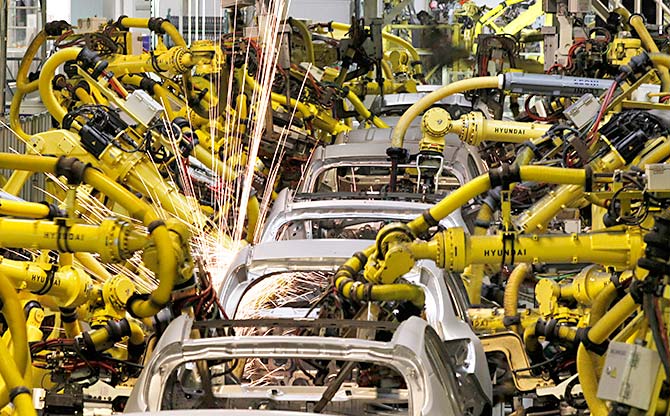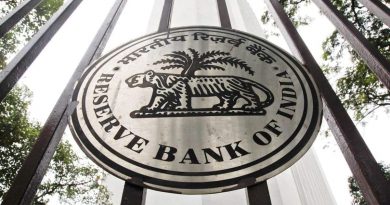Maruti Suzuki, Bajaj Oppose ‘Blacklist China’ Development
Maruti Suzuki, Bajaj opposes ‘Blacklist China’s development, says Chinese parts vital for manufacturing. Addressing media, Indian auto-goliath Maruti Suzuki passed on its opposition towards India’s transition to expand taxes on Chinese imports in the nation.
The organization contended that Chinese imports were fundamental for assembling vehicles and that merchants require it more than the producers. The move, as per the organization, will affect Indian purchasers and isn’t thoroughly considered.
” Prime Minister has made has made working together in India ‘Vastly Better’, yet FDI is as yet not coming. India hasn’t had the option to pull in significant assembling FDI in the course of the most recent 70 years and approaches in India have not been intended to advance seriousness” the organization said.
Talking on a similar note, home-grown bike producer Bajaj passed on its anxiety similarly expressing that imports assume a significant job in reinforcing the flexibly chain. As indicated by the organization, combination wheels for bikes are significant imports from China for bikes and the motivation to source it from China was a result of increasingly serious estimating.
The choice to build taxes on imports comes considering the unrest between the two regions at the outskirts. The effect on business could seriously upset existing and new innovations in the auto ventures, for example, electric vehicles.
According to the report by The Standing Board of trustees on Trade on ‘Effect of Chinese Merchandise on Indian Industry’ in 2019 imports from China expanded by USD 50 billion, sends out expanded by USD 2.5 billion. Exchange with China establishes over 40% of India’s all-out exchange shortfall.
As India pushes for electric vehicles in the nation, the advancement of such vehicles could see genuine issues with the ongoing choice. Near 50 percent of the expense of an electric vehicle is the expense of batteries.
Out of the five biggest battery producers all-inclusive, two are Chinese in cause and activities. The other 3 have produced a significant bit of their batteries in China or in relationship with Chinese partners.
While this brings into light only a minuscule part of the issue, the sweeping prohibition on Chinese items could effectsly affect the business in the long haul.




